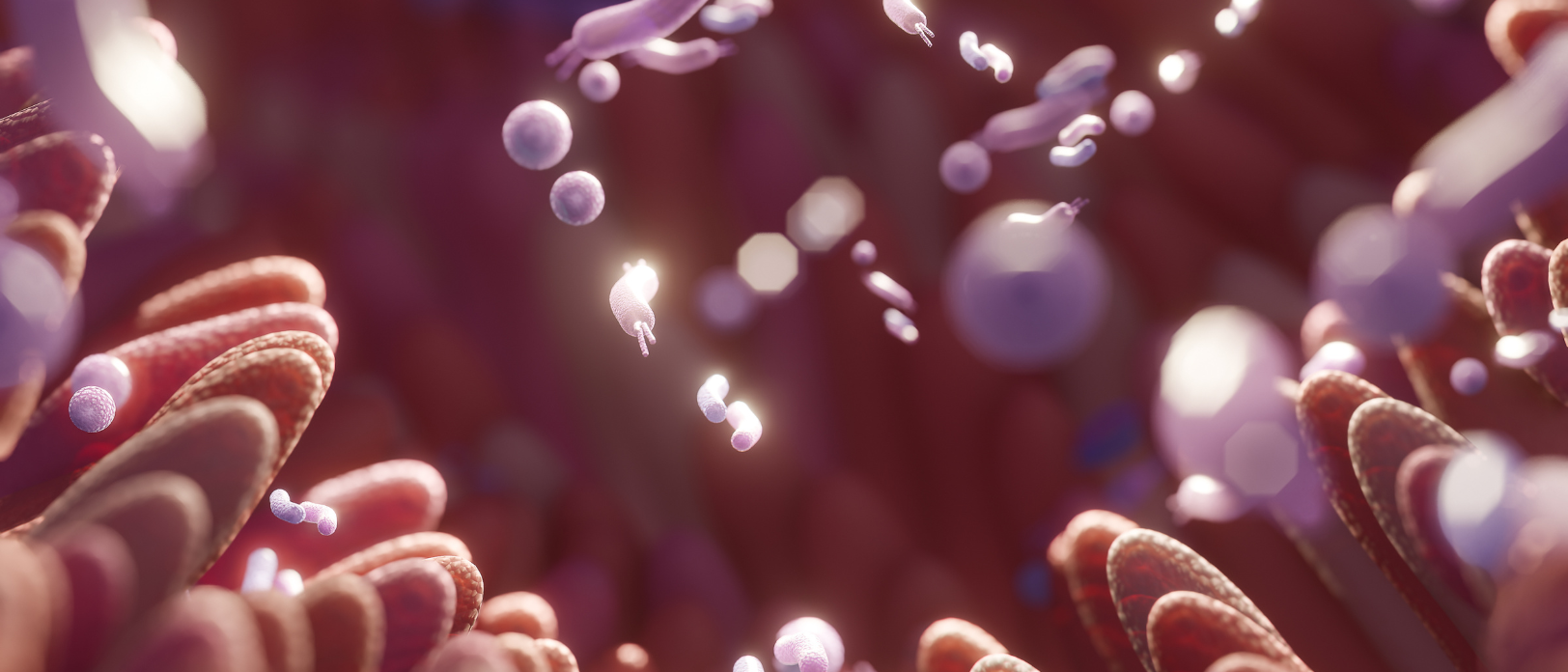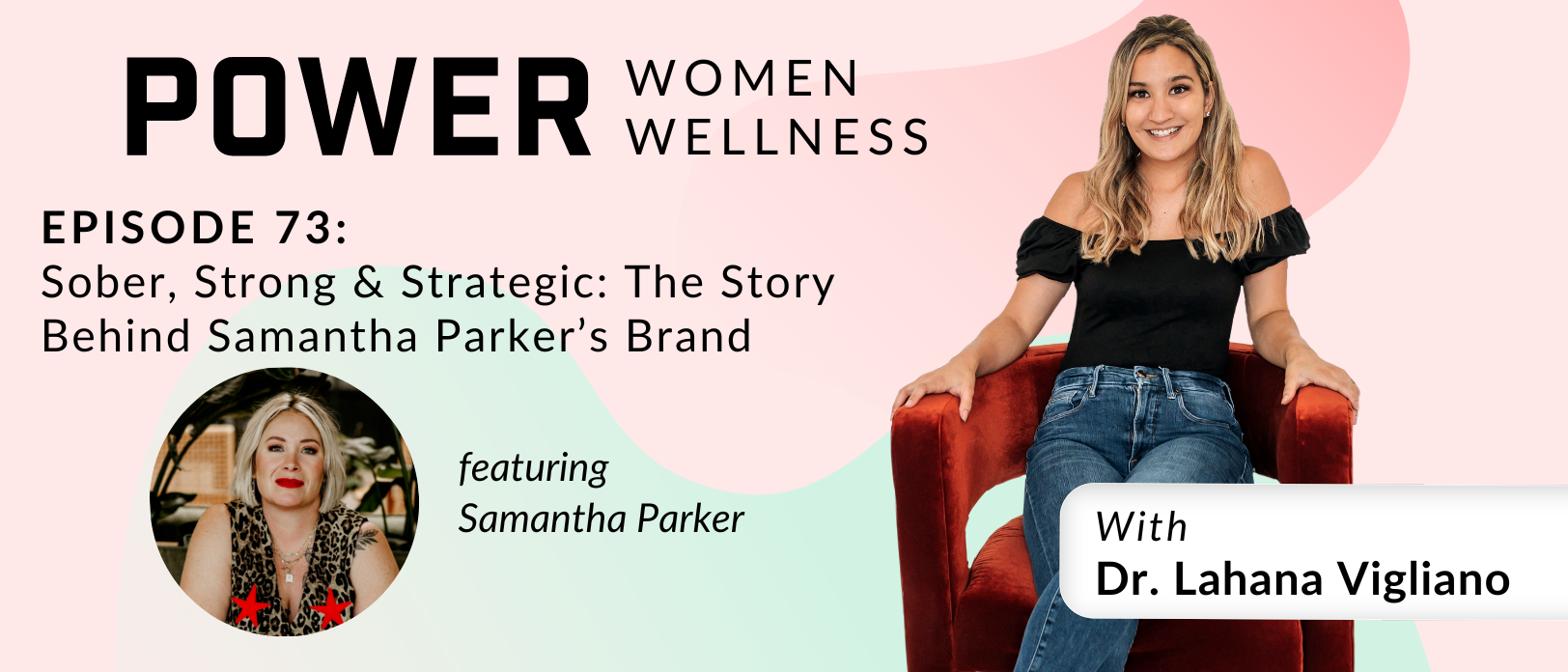Is your gut a hot mess express? In this episode, we’re tackling dysbiosis - the sneaky gut imbalance behind bloating, brain fog, stubborn weight, and you name it! Learn what throws your microbiome out of whack (hint: diet, stress, and antibiotics are major culprits), how to test for it, and the best ways to heal with food, probiotics, and gut-loving hacks. Don't guess - test! Get ready to ditch the bloat and feel your best from the inside out!
Podcast Outline
- The dysbiosis basics - what is it exactly. We're going more into detail about the categorization of dysbiosis that can come from the loss of beneficial bacteria, excessive opportunistic bacteria growth, and the lowered microbial diversity.
- Causes of dysbiosis because if you are able to understand the cause, you're able to focus on prevention!
- How to test for dysbiosis - since this is not a diagnosis that isn't seen by conventional medicine or insurance, there is a lack of testing to look into this via the insurance model
- The basics of getting your microbiome back into balance
Extra Notes
- In human and animal studies, dysbiosis has been linked to colon cancer, inflammatory bowel disease, diabetes, allergies/sensitivities, obesity, and neurological disorders.
- Decreased bacteria (ex: F. prausnitzii)-> lower SCFAs, esp butyrate -> Butyrate is fuel for the colon cells and protects the intestinal barrier from pathogens
- The potential connection between obesity and gut bacteria has been seen through mice. They took germ-free mice and wild-type mice and were both fed the same diet.The wild-type mice developed obesity only. They took the microbiome of the obese mice and transplanted it into the germ-free mice and obesity occurred after fecal transplant. We've seen mice studies also show this vice versa (skinny mice poop into obese mice stopped metabolic syndrome and obesity).
- Intestinal permeability (aka leaky gut) has been found in obesity. Lipopolysaccharides (found from gram-negative bacteria) work as an endotoxin to protect the bacteria, but with leaky gut can bypass the intestinal lining making it's way systematic into the body -> chronic inflammation
- Fecal transplant from a mice with tumors into germ-free mice and the rate of tumorigenesis in the colon increased. Antibiotics were given to see if the reduction of bacteria was beneficial towards the tumors and there was a decrease in the number and size of tumors in the colon.
- SCFA were tremendously reduced when colon cancer was developing in the mice. Butyrate was given as a supplement and tumor rates decreased. Think back to how we can promote healthy SCFA's (this may be a whole other episode).
Connect With Us
Resources Mentioned
- Work with our team if you are looking to finally put all your gut issues behind you.


-1.png)
-1.png)


